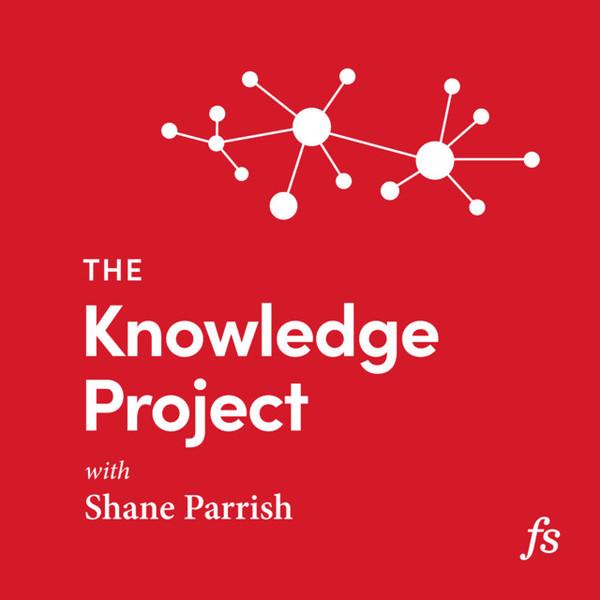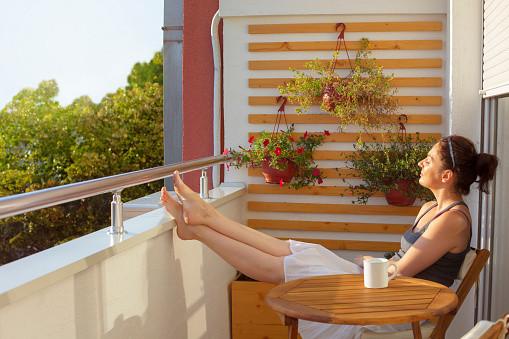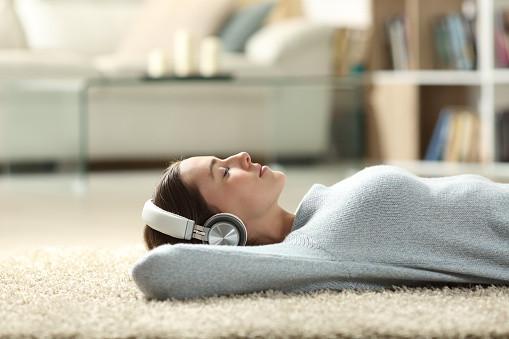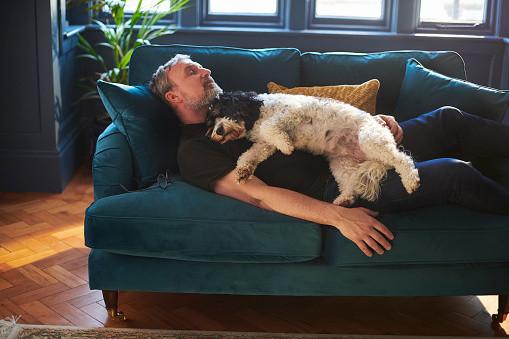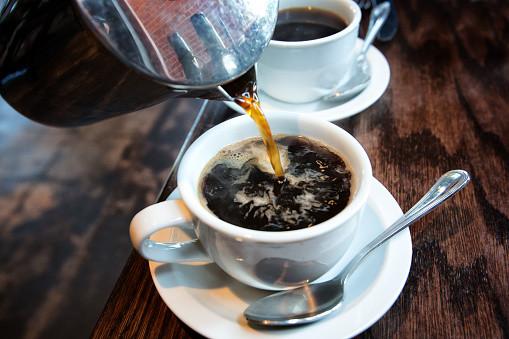#133 Andrew Huberman: The Science of Small Changes
Curated from: The Knowledge Project
Ideas, facts & insights covering these topics:
10 ideas
·7.65K reads
68
1
Explore the World's Best Ideas
Join today and uncover 100+ curated journeys from 50+ topics. Unlock access to our mobile app with extensive features.
Light affects your sleep and your energy levels
Light is a powerful stimulus for our mental and physical health.
Light controls when we are asleep and when we are alert. Lights directly affect how our nervous system functions.
81
1.17K reads
The best way to get sunlight exposure
Wake up, go outside and get 5 - 20 minutes of bright light exposure. If you get up before sunlight, use bright artificial lights.
The aim is to get as much bright light during the day and as little as possible between 10 PM and 4 AM. This will have enormous physical and mental health benefits.
Bright light exposure through windows or windshields doesn’t work as they filter the light that activates your neutrons. Blue light is great to create alertness and well-being throughout the day.
89
854 reads
Cortisol in the body
Cortisol is a key hormone for health. Every 24 hours there is a peak cortisol release. This wakes you up in the morning and gives you focus.
If you wake up early, you will get a peak early in the day. But when cortisol arrives later in the day, people get mood issues. Late-shifted cortisol is also contributing to depression.
87
835 reads
Evening routine
Your peak of alertness happens about 90 minutes before your natural sleep time. While it will pass, it can give you a useful indicator of your optimal bedtime.
Before bedtime:
- Taper off thinking and anticipation.
- Non-sleep deep rest (NSDR) is a powerful tool that helps you relax, and reduce stress and anxiety.
- Yoga Nidra and Reveri (a self-hypnosis app) can help you relax your nervous system before you go to sleep.
90
804 reads
Behavioural tools before medication and supplements
Behavioural tools are the foundation of sleep and wakefulness. When you learn progressive relaxation techniques, you get better at falling asleep and feeling alert when you wake up.
Supplements and prescription medication can be great, but they don’t rewire your brain as behavioural tools do.
Supplements that can help with depth and transition to sleep:
- Magnesium threonate or magnesium bis-glycinate (100 to 200 milligrams)) makes you feel drowsy.
- Apigenin (50 milligrams) is taken 30 - 60 minutes before sleep.
- Theanine (100 to 400 milligrams) has positive effects on jitteriness and anxiety.
85
644 reads
Temperature is an important stimulus for wakefulness
Ideally, you should sleep in a cold room and cover yourself with warm blankets. If you get too hot, you can jump heat by extending your feet or hands.
Take a cold shower or ice bath to heat up in the morning. You will experience a dopamine increase. When you expose yourself to cold water, you build a reservoir of heat generation.
88
676 reads
The short nap
Naps should be shorter than 90 minutes.
Most of the rewiring and neuroplasticity occurs during deep sleep and also during a short nap. Short naps accelerate neuroplasticity and learning, especially if you nap after an intensive learning session.
If you have problems with the afternoon slump, delay your morning caffeine for 90 to 120 minutes after waking.
86
678 reads
Why people wake up in the middle of the night
The two most common reasons for waking up at night:
- Too much or too little exercise throughout the day. Generally, 150 to 180 minutes per week of zone 2 cardio and resistance exercise 3 or 4 times a week is sufficient.
- Going to bed too late. Every hour of sleep before midnight recharges you deeper than the hours after midnight.
83
673 reads
Caffeine boosts adenosine
Caffeine creates wakefulness in the body and brain. It also increases the sensitivity of the dopamine receptors.
- It makes us more motivated to go out and pursue goals.
- It makes us focus on things outside our immediate experience.
However, try and taper off caffeine toward the afternoon for better sleep.
73
650 reads
Tips to control bad impulses
The Basal ganglia are important for controlling and integrating thought and action. Some of the circuitry in basal ganglia pathways are involved with the “go” action and “no-go” suppressing functions.
As children, we learn no-go behaviours (don’t interrupt, sit still). As adults, everything is “go, go, go” and we seldom rehearse the no-go functions.
We need to continue to keep the no-goes circuits in working order., e.g. resisting the urge to pick up your phone.
81
664 reads
IDEAS CURATED BY
CURATOR'S NOTE
Dr. Andrew Huberman explains how small behaviours can make a huge impact on your health.
“
Salma 's ideas are part of this journey:
Learn more about scienceandnature with this collection
The importance of physical activity
The role of genetics in lifespan
How to maintain a healthy diet
Related collections
Similar ideas
12 ideas
Marc Andreessen: Interview with an Icon
The Knowledge Project
10 ideas
8 ideas
How to Focus to Change Your Brain | Episode 6
Huberman Lab
Read & Learn
20x Faster
without
deepstash
with
deepstash
with
deepstash
Personalized microlearning
—
100+ Learning Journeys
—
Access to 200,000+ ideas
—
Access to the mobile app
—
Unlimited idea saving
—
—
Unlimited history
—
—
Unlimited listening to ideas
—
—
Downloading & offline access
—
—
Supercharge your mind with one idea per day
Enter your email and spend 1 minute every day to learn something new.
I agree to receive email updates
